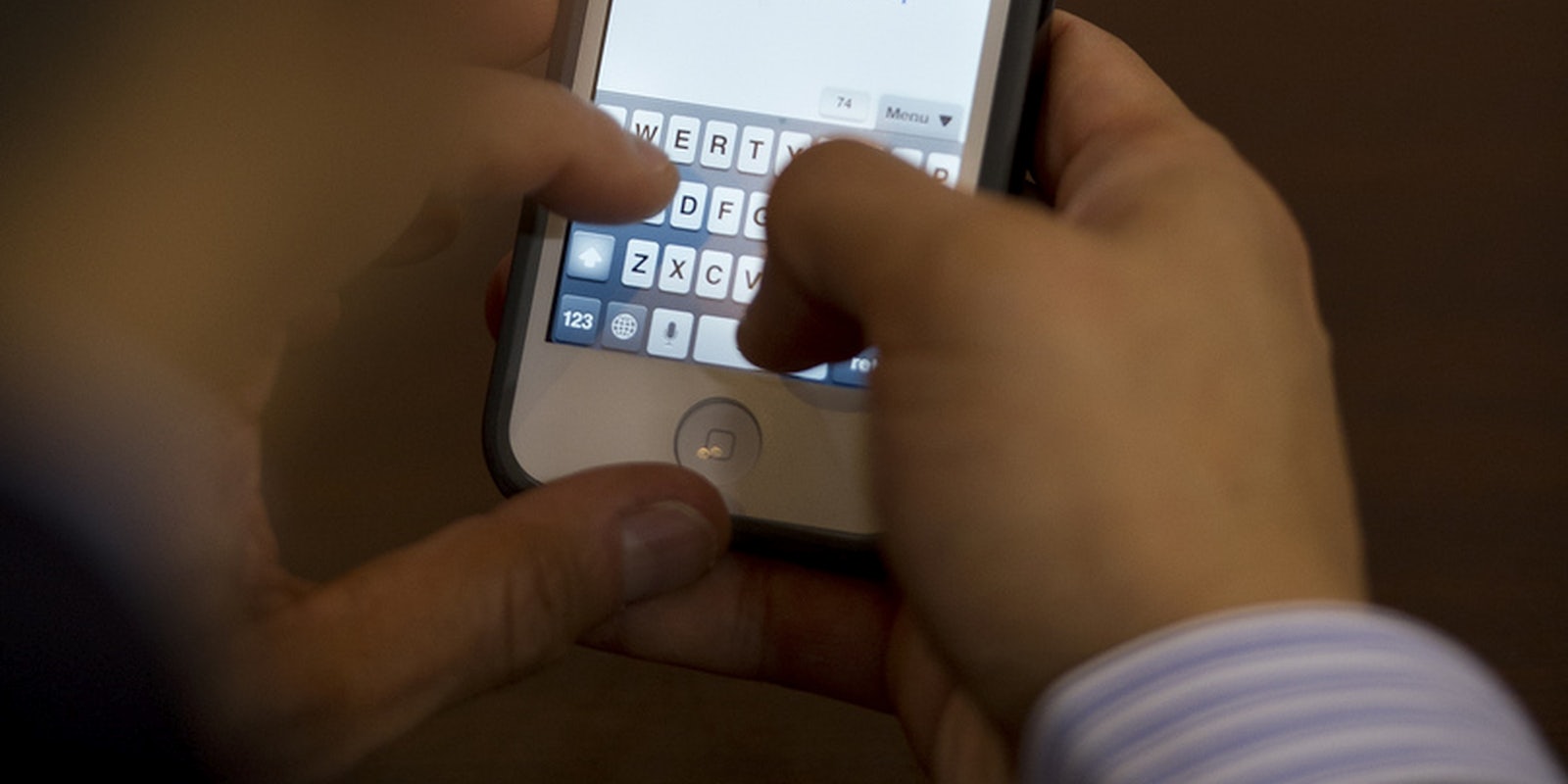Christina Fox, a prolific Twitter user under the name @steenfox, posed a question to her followers: What were you wearing when you were sexually assaulted? The point was to underline how sexual assaults have nothing to do with someone wearing a stereotypically racy outfit or looking a certain way. For hours, responses flooded in. This kind of public dialogue that breaks down incorrect and dangerous assumptions about how sexual assault occurs is the kind of discussion that should happen more often and in more depth.
On BuzzFeed, reporter Jessica Testa republished excerpts from the conversation. Testa wrote (and her Twitter history confirms) that she asked permission from each contributor and blurred faces and names when requested. She also reached out to Fox, who didn’t respond before Testa’s story went live.
Fox, however, does not think Testa or BuzzFeed handled the situation appropriately:
Nope. RT @notashley: Wait wait wait…..so the Buzzfeed writer didn’t have @steenfox‘s permission to publish that story? HUH BRUH?!
— Adele Dazeem (@steenfox) March 13, 2014
Just spoke with @jtes. She stated that she had the permission of every person used on her post. She did not however have MY permission.
— Adele Dazeem (@steenfox) March 13, 2014
@steenfox *or to me or to anyone else! Their stories are only their own.
— jessica testa (@jtes) March 13, 2014
Fox and many others are also angry at another journalist who put the exchange up on Storify and did not ask permission. And now Twitter is engaged in a roiling debate over the ethics of embedding tweets.
Billions of people know “visible on the web” doesn’t always equal “I want this published in the media with ads around it”. Respect that.
— Anil Dash (@anildash) March 13, 2014
Testa did not have to reach out for permission. But she did—to handle the issue as fairly and sensitively as possible, to more accurately reflect the community she was covering, and because she could empathize with the human beings put in a vulnerable position by making their traumatic history public.
Notice that I embedded those tweets from Fox. I reached out to her, but I did not ask her permission. She is writing on a public platform that’s deliberately set up to facilitate easy resharing. She could have locked her Twitter account and denied my attempt to follow her so I couldn’t access her tweet. But Twitter is explicit in the way it gives users permission to share other people’s content; this includes users (like me) who choose to share content to their digital publication.
Twitter’s rules give me the go-ahead to embed all sorts of public tweets on Daily Dot articles. If I worked for BuzzFeed, I would have the same permission.
But here’s the thing: Even though I can do something doesn’t mean I should do something.
Journalists are not beholden to any golden, objective, rigid set of Publishing Commandments. That’s why Gawker was able to publish stuff about Rob Ford that the Toronto Star couldn’t. An op-ed blogger will use the word “fuck” and another won’t.
I republished those tweets from Fox because they’re not private details about an assault experience she had. They’re relevant to this article and I have the option of embedding them instead of just quoting them to accurately reflect the conversation at hand. It’s both legal and ethical.
But this debate highlights that journalistic standards are somewhat beholden to public decency. Before rushing to defend Twitter’s content licenses, we should first question whether it’s kosher to expose victims of sexual assault to scrutiny. It is being a good human and a good journalist to ask permission when sharing other people’s tweets about situations in which they were victimized or traumatized, before republishing them to a wider audience.
one caveat and then i will stop talking — unlike journos who stare at tweetdeck, many people dont know how twitter really works, so…
— ಠ_ಠ (@MikeIsaac) March 13, 2014
to have one of their tweets show up in a viral story could be pretty fucked up and jarring
— ಠ_ಠ (@MikeIsaac) March 13, 2014
It is important to consider how the choice to embed someone’s tweet will have an impact on them in real life. Will it put their life in danger? Will it further traumatize them? If the answer is yes, it is still legal to republish, but you might consider a bit of discretion.
No, no one *needs* permission to use your tweets; however if the subject matter is sensitive there may be an ETHICAL REASON to ask. hello?
— j danielle (@NFLGoodwitch) March 13, 2014
As jurnos, you have to consider the human cost, that the thing bearing your byline has real consequences for the ppl you write about.
— Fed-Up Hipster (@thewayoftheid) March 13, 2014
Yes, Twitter is public. Anything you post can legally be reposted on news sites like BuzzFeed, even if it’s something you shared under the mistaken assumption that an audience smaller than BuzzFeed’s would see it.
Fox’s work to raise awareness about misconceptions about sexual assault is important, and the debate raised about how to report on stories of sexual assault is also important. It’s also confusing as hell when we try to turn what should be a simple conversation (hey, journalists, let’s try to handle publishing stories about victims as considerately as possible) to a debate about what constitutes a public and private identity online.
Photo via MDGovPics/Flickr (CC BY 2.0)


